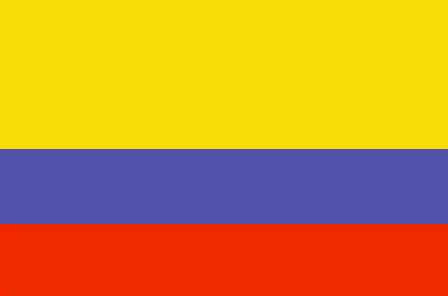My Mom's Immigration from the Philippines
My mom comes from a big family in the Philippines. She was expected to be another politician in her family just like her grandfather and her aunt. She was expected to take care of those workers on her farm along with her 8 other siblings. Though this life sounds a bit glamorous, she wanted to live her own life - make a living for herself. She felt that the only way for her to do that was to seek out further education in the land of opportunity.
Interview:
Below is an interview of my mother about her immigration from the Philippines to the United States.
Bernadette: Hearing stories about your childhood and the
cultures of the Philippines, how did you leave the comfort of your family?
Lizette: Well, I had been raised by my mother and my grandfather
and they always taught me that you should always do what you have to do to
succeed and get farther in life. So that is exactly what I did. My oldest
sister, my younger sister, and I left the comforting barriers of our farm and
we headed for America. Of course it was hard to leave behind, my family, my
friends, my school, my home and, especially, my other brothers and sisters, but
I wanted to make something of my life and I couldn't see it happening there.
Bernadette: Okay so when you got here, what happened next?
Like what did you do? Was it what you wanted or hoped for?
Lizette: Upon getting here, my sisters and I all moved into
a house and continued to attend college. I was majoring in engineering at the
time. And to answer the second part, of course it was a little tough in the
beginning because my sisters and I were not used to being on our own. As
children, we had nannies that pretty much raised us in addition to our mom and
grandfather. So yes, it was hard at first, but it all worked out in the end.
Bernadette: So do you think that immigrating to America was
the best choice for your future?
Lizette: I would have to say yes because without me coming
to America, my sisters and I wouldn't have bonded together as much and I wouldn't have been able to further my education as well as I did in an American
college rather than one in the Philippines. I also learned that I would be able
to support myself without my family’s money. I gained a sense of pride knowing
that I could be able to do this all by myself.
Bernadette: Thanks so much for sharing. Is
there anything you would like to say in closing?
Lizette: All I would like to say is that
though I am from the Philippines, I have learned so much in America and am
grateful to be able to be here today.




